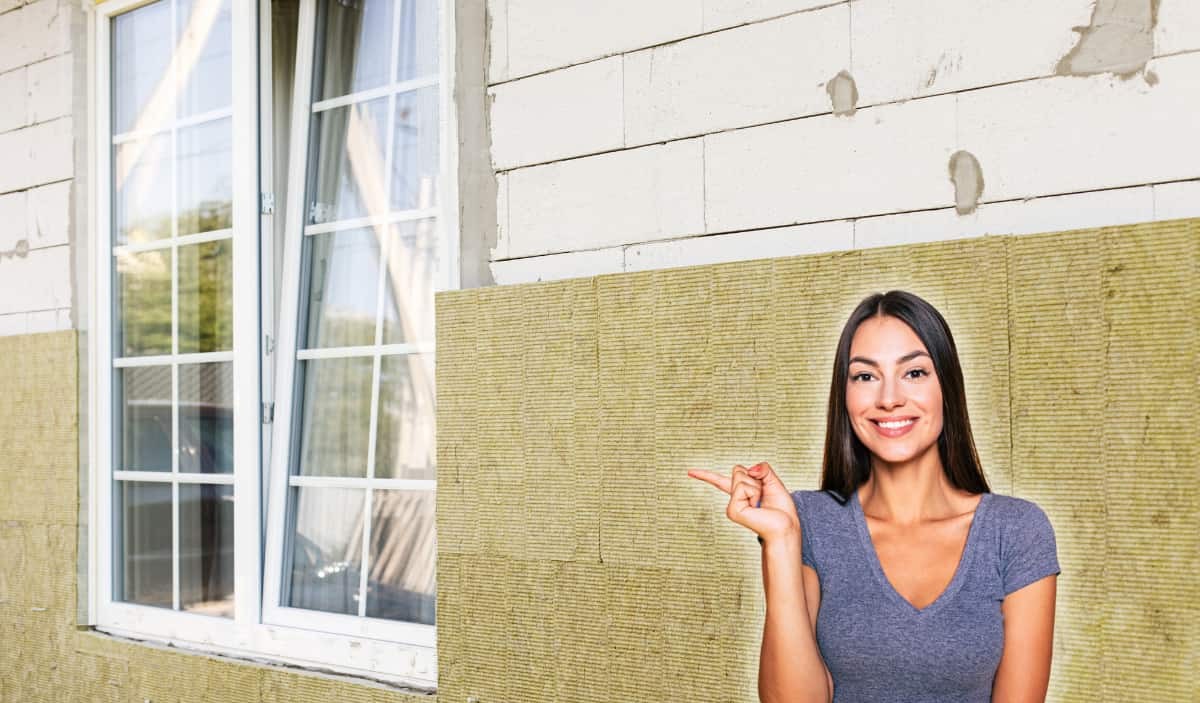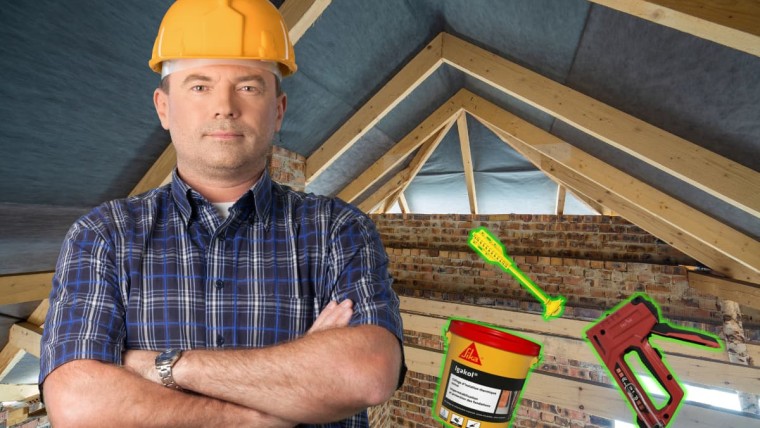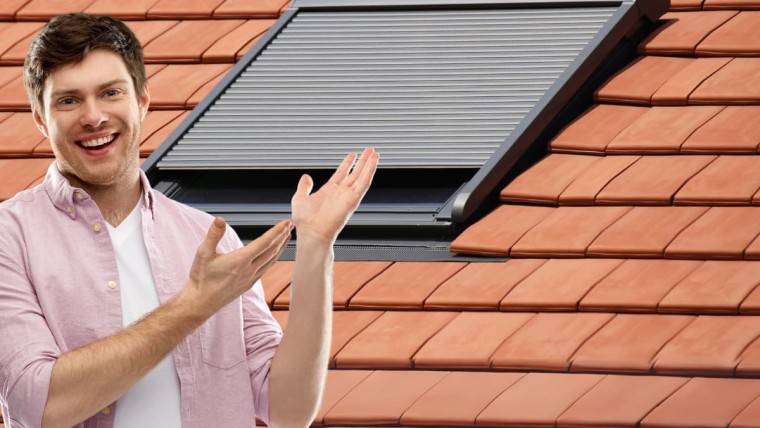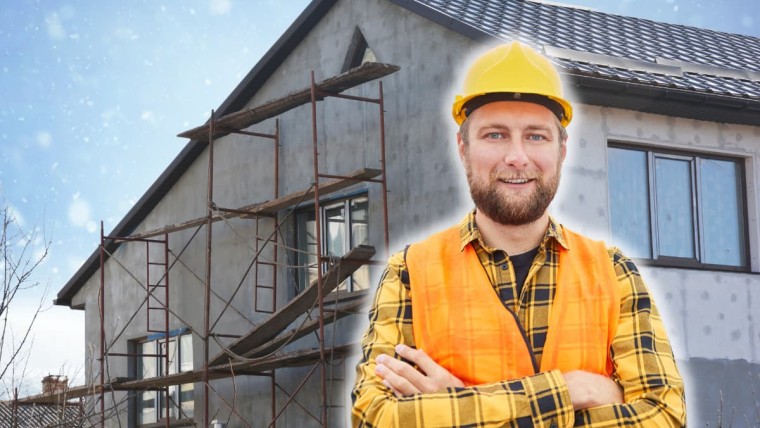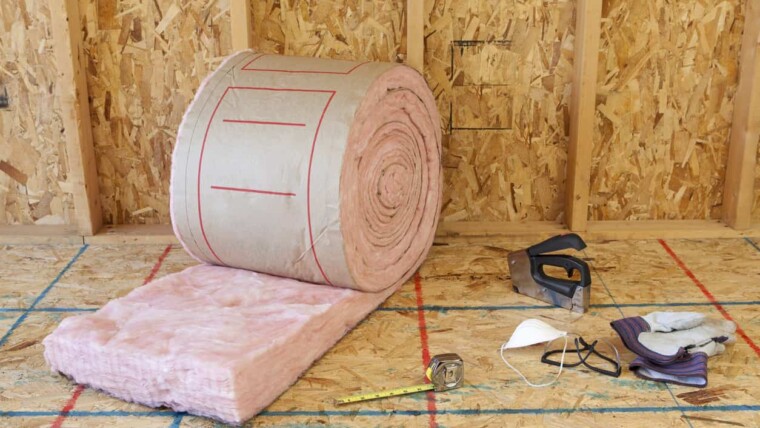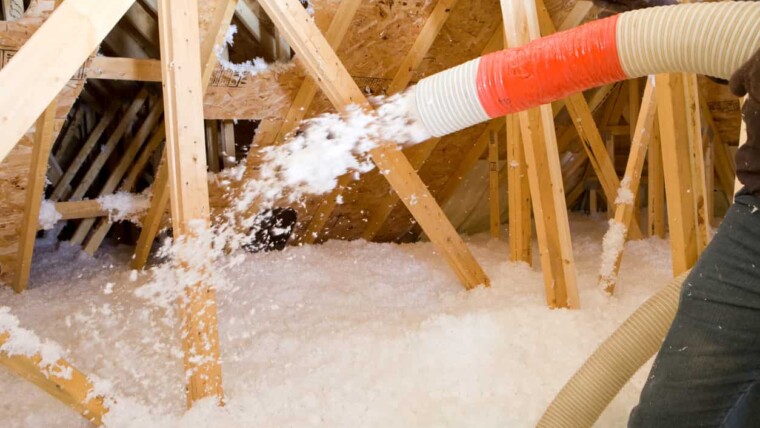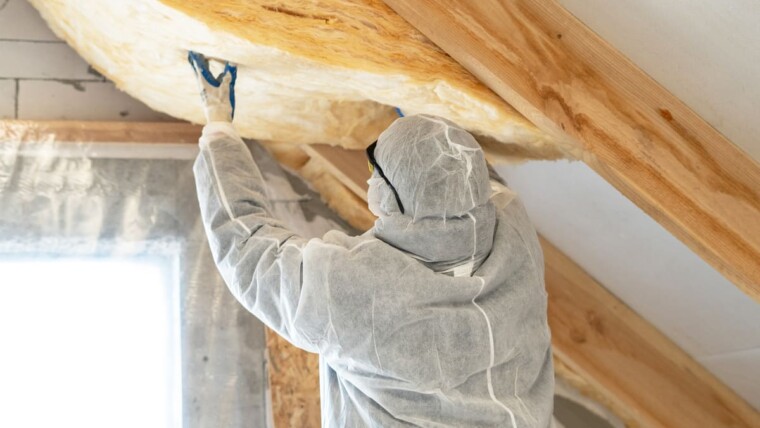The French are becoming increasingly aware of the need to replace their fossil fuel heating systems with environmentally-friendly heating systems. They are therefore aware that the first step in this transition is to re-insulate, and are therefore interested in the cost of external insulation for a house with a floor area of 100m2, which is standard in France.
The cost is variable, but can easily reach €12,000, for a number of reasons which we detail in this article.
Factors influencing the cost of external insulation for a 100m² house
The cost of insulating a 100m² house is between 8,000 and 12,000 euros. There are a number of factors to take into account when estimating the cost of such insulation, such as choice of insulating materials, exterior insulation method, wall preparation before insulation, finishing after insulation and accessibility to the site.
- Insulating materials : Glass wool is a commonly used material that offers excellent value for money, with an average price of 5 euros/m². Polyurethane panels offer insulation three times as effective, but cost around 20 euros/m². Ecological materials such as wood fiber and flax cost 18 and 20 euros/m² respectively.
- Wall preparation : Existing walls may need to be cleaned or treated before insulation is applied. This has an impact on labor costs and the final price.
- Finishes : The total cost also varies according to the finishes chosen. For a 100 m² house, you should expect to pay between 5,000 and 15,000 euros. While rendering is very common in the east, wood cladding is also popular, and brick is adopted in more northerly regions.
- Accessibility : If terrain or obstacles complicate access to the house, labor and equipment costs may increase.
Compare several quotes for exterior insulation
To get a better idea of the final cost of your insulation project, it's a good idea to request at least three quotes from different companies. Installation costs often start at 60 euros per m², but can rise to 100 or 120 euros if the craftsman is highly skilled and therefore in high demand.
You may be surprised at the difference in price between two craftsmen, so even if the process takes you some time, we recommend you play along.
Exterior insulation versus interior insulation
When you compare the cost of exterior and interior insulation, you'll find that the former is more expensive to install. However, it offers a far more effective solution for long-term energy savings. Insulating only one side of a wall has its drawbacks:
Interior insulation requires a reduction in living space, since it adds to the interior of your rooms and increases the basic thickness of your walls. On the other hand, it increases the risk of thermal bridges, since the edges of the building are not covered and are major cold spots, as in the case of exterior insulation, which provides a truly global insulating blanket.
Insulation methods and alternatives
The choice of insulation method accounts for at least 50% of the final price. Among these, panel-based methods offer the advantage of fast, simple installation, while improving thermal insulation and rejuvenating an aging facade. Although insulating panels, wood cladding and other materials are commonly used for exterior insulation, alternatives such as plaster or mortar can also be of interest.
Price of external insulation for a 100m² house
- Average cost : The average cost is between €8,000 and €12,000.
- Influencers : Several factors influence this price, such as the choice of insulating materials, the condition of existing walls, the presence of specific finishes, the difficulty of access to the worksite and local contractor rates.
- Financial benefits : External insulation offers a number of financial advantages. In addition to long-term energy savings, you can benefit from financial aid such as MaPrimeRénov', CEE subsidies, a reduced VAT rate and loans like the eco-PTZ or the PAR.

Julien G.
Juliena mechanical engineering graduate and specialist in climate engineering since 2009, has become a writer specializing in renewable energies, with expertise in heat pumps and photovoltaic solar panels for individual housing.
See all articles by this author
